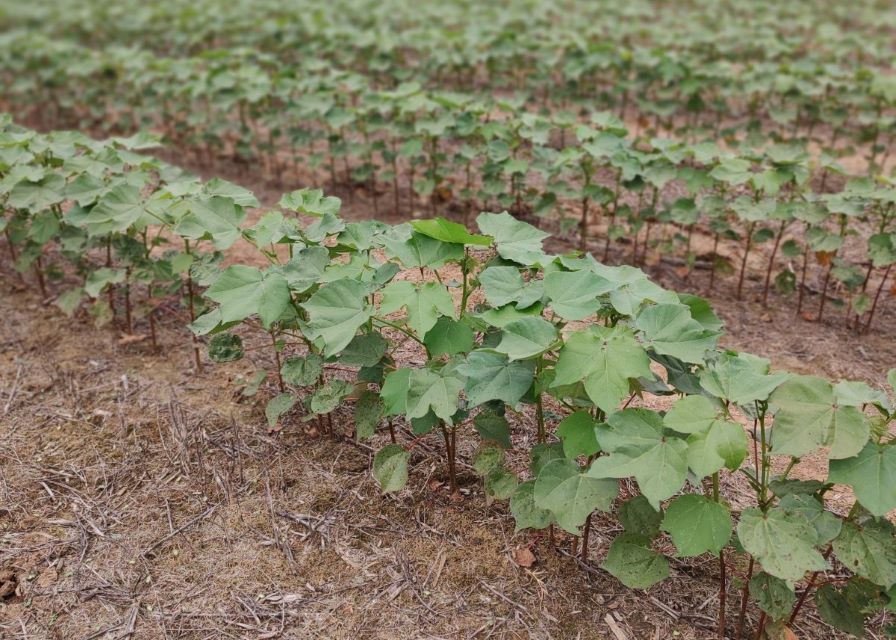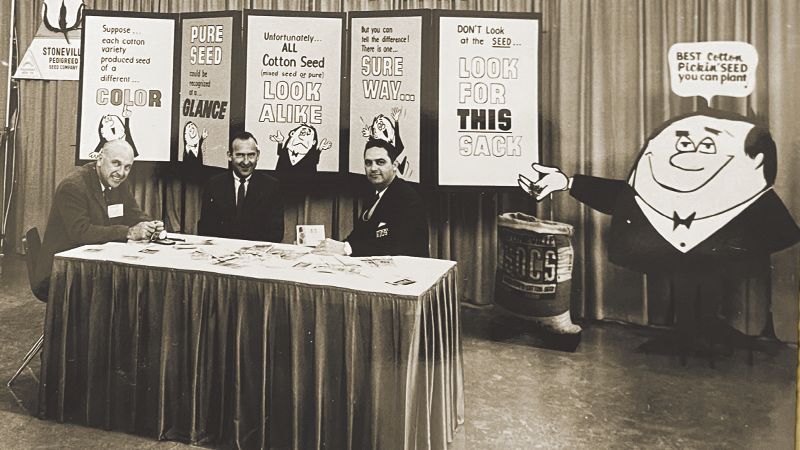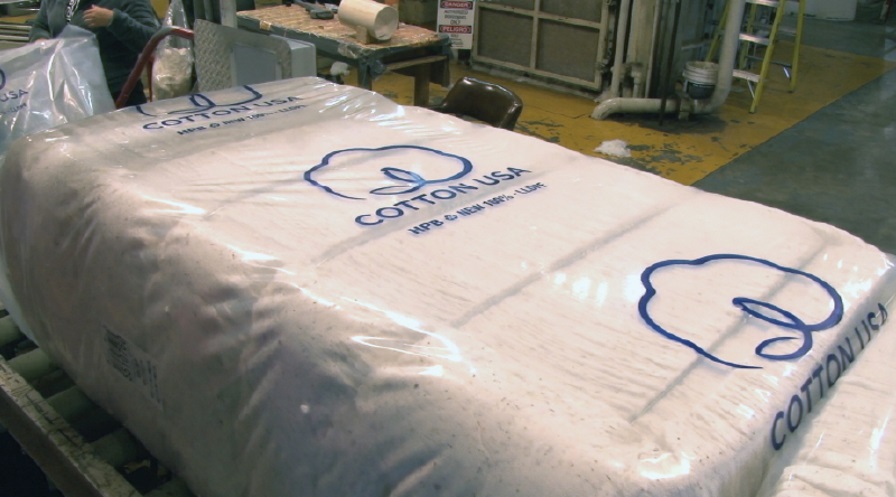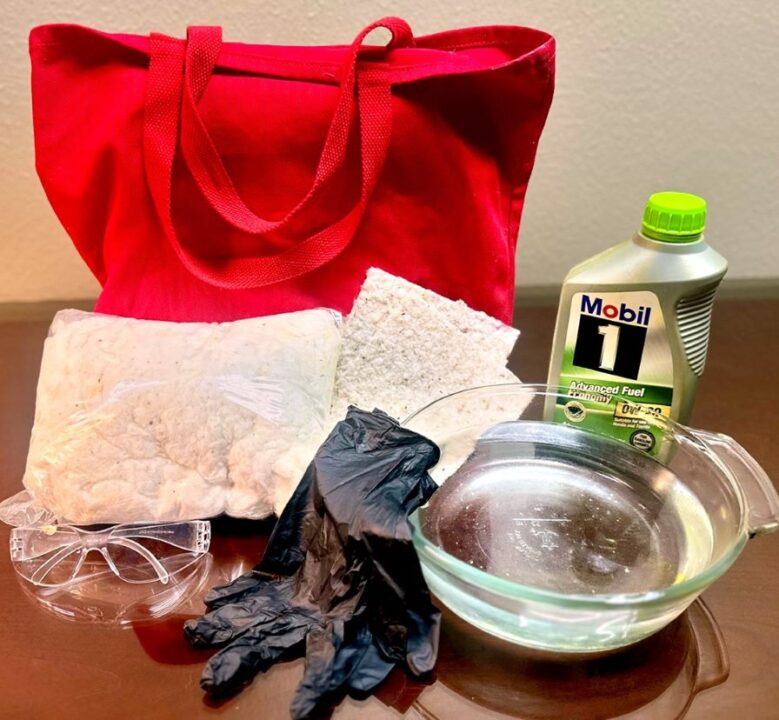Potential EU Neonicotinoid Ban
In January, The European Commission (EC) proposed a two year ban on neonicotinoids (clothianidin, imidacloprid, and thiamethoxam) on four major crops including maize, rape seed, sunflowers, and cotton in an attempt to prevent collapse in the bee population. The primary vote, which occurred on Friday, March 15, met with a deadlock, with the majority of member states refusing to support the proposal that would restrict the pesticides. EC is now left to decide whether to appeal the decision of amend to proposal for the two-year ban.
The European Union, which, according to the EC, produces approximately 1.45 million tons of raw cotton, states that, “the cotton sector has a strong regional importance in the two main producing EU member states, Greece and Spain.
According to the Humboldt Forum of Food and Agriculture, if neonicotinoids were no longer available, the impact on the European economy could be as great as 5% income loss per farmer and, over a five year period, the European Union could lose up to $22 billion and face significant pest pressure.
“These figures demonstrate the value this technology brings to farming,” Friedhelm Schmider, director general of European Crop Protection Association (ECPA) commented. “They contribute more than $2.6 billion annually to commodity crop revenues and reduce production costs by $1.3 billion across the EU,” he added.
The proposal has been condemned by major chemical companies including Bayer and Syngenta, which have released statements urging the EC to reconsider their proposal, calling the European Food Safety Agency’s (EFSA) report, which prompted the potential legislation, “hurried and highly theoretical.”
According to Syngenta, EFSA’s review was “over precautionary” and “made fundamental mistakes which led to a serious over-estimation of the amount of pesticides bees are exposed to under field conditions. It also ignored key studies and independent monitoring by governments which prove the safety of neonicotinoid pesticides.”
The deadlock was welcomed by Germany-based Bayer CropScience, maker of clothianidin and imidacloprid, which released a statement saying: “This provides hope to European farmers, that they can continue to have access to safe and effective crop protection products supporting their ability to grow safe, high-quality, affordable food. The failure to reach a conclusive decision is a clear recognition that there is no convincing argument against the continuing use of neonicotinoid-based products.”









